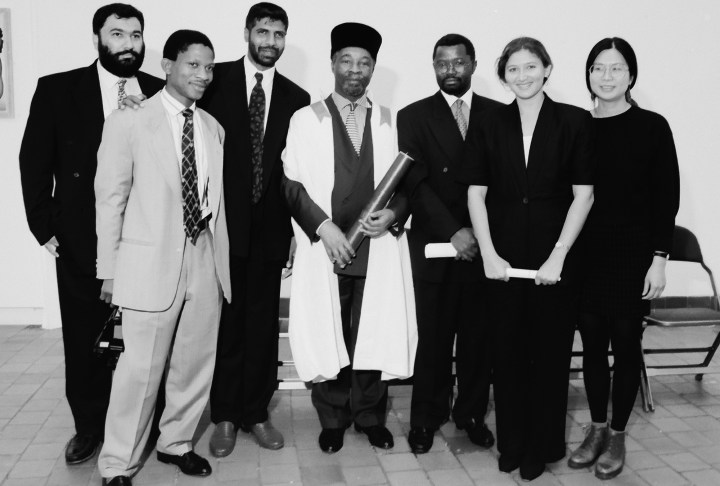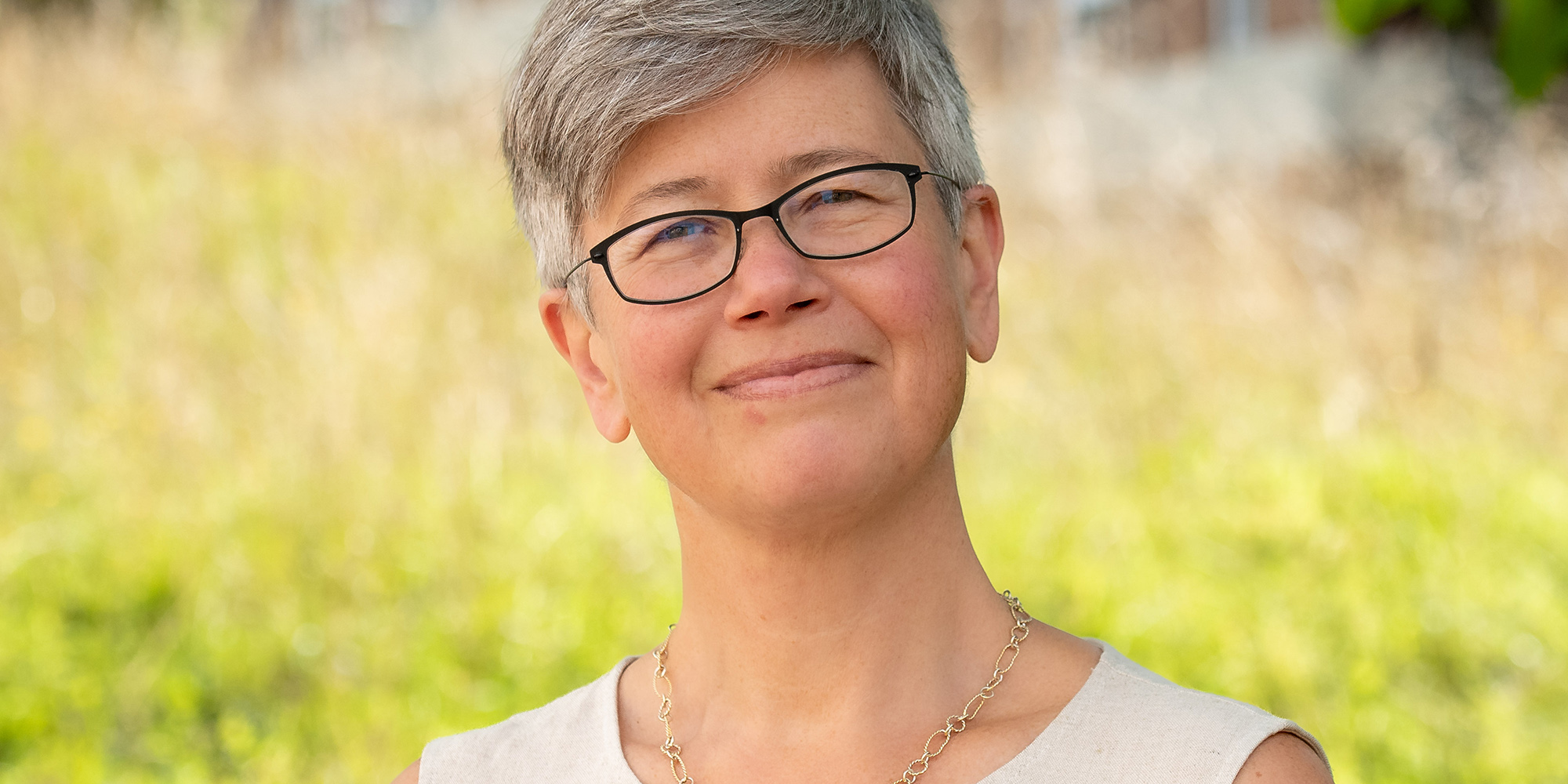STRUGGLE SAFE HAVEN OP-ED
Why the University of Sussex fought against apartheid and for change in South Africa

Over four decades, the University of Sussex played a leading role in the British anti-apartheid movement, as well as providing a safe refuge for exiled South African students and academics to study and learn.
In June 1964, a young South African student at the University of Sussex called Thabo Mbeki led fellow students on an 80km protest march from Brighton to the British Prime Minister’s residence in London. The mayor of Brighton closed the streets to formalise the community’s support. Their mission was to hand a petition to Prime Minister Harold Macmillan, requesting that the government intervene in the sentencing of the Rivonia treason trial accused.
President Mbeki, as he later became, went on to gain a Bachelor’s degree in Economics and a Masters in African Studies at Sussex. But he also politicised students and the wider community on the evils of apartheid, rallying them to take action.
Over the next four decades, the University of Sussex would play a leading role in the British anti-apartheid movement, as well as providing a safe haven for exiled South African students and academics to study and learn.
As Vice-Chancellor and President of the University of Sussex, I will be making my first visit to South Africa in November. I will meet with our alumni and partners to celebrate our shared history of civic engagement and activism, and to explore how we can continue to work together to build a better future for all.
One of the ways we continue to support young South Africans is through our Mandela Scholarship. In 1973, students at Sussex campaigned to establish this scholarship to raise the profile of Nelson Mandela’s struggle for freedom and the fight against apartheid. At a time when Mandela was not a household name, the university supported the scholarship by waiving the tuition fees, and students raised funds to support the stipend.
South African music greats Hugh Masekela, Abdullah Ibrahim, and the Bhundu Boys, all played fundraising concerts at Sussex, many of these in a building renamed Mandela Hall in his honour. Sussex signed an agreement with the African National Congress (ANC) to waive entry requirements, accepting exiled students on merit; and up until the 1990s, to protect ANC cadres in exile, Mandela Scholars were not required to complete application forms.
Led by ANC activists, students at Sussex would devise protests and campaigns, and spread these across the UK to other university campuses leading the international campaign to defeat apartheid.
Many prominent South Africans studied at Sussex, some served in Mandela’s first democratically elected government: Essop and Aziz Pahad, Rob Davies, Albie Sachs. More recently Sussex alumni have contributed to nation building and global endeavours: Her Excellency Robina Marks is the South African High Commissioner to Benin, and Fumani Mthembi is a Managing Director at Pele Group.

Sasha Roseneil, Vice-Chancellor and President of the University of Sussex. (Photo: University of Sussex)
What inspires me as Vice-Chancellor is to hear alumni say that Sussex not only gave them the knowledge to identify solutions to the world’s challenges, but also the skills and confidence to take action and change the world for the better. It is my profound belief that Sussex benefited enormously from hosting so many South African students and academics. Their experiences, their research and studies undoubtedly made us a richer university.
In more recent times, Sussex and South Africa have started to explore how a future collaboration could build on these historic ties. Last year, a delegation met with The Dr Blade Nzimande, Minister for Higher Education, Science and Technology, on his official visit to the UK; and earlier this year, we welcomed to our campus Professor Sibongile Muthwa with a delegation from Nelson Mandela University. On both occasions, we discussed the potential for greater collaboration.
The University of Sussex opened in 1961, the first of the postwar Universities in the UK. From the start, Sussex was a pioneer in interdisciplinary studies, radically rethinking the traditional structures of knowledge within universities, and the university developed a distinctive identity as a place for critical thinking and scientific and creative innovation.
Sussex was at the forefront of developments in computer science, breaking new ground in artificial intelligence, and the first transatlantic email was sent from the University of Sussex to the United States in 1973.
Today, the research being undertaken at Sussex continues to cut across boundaries to seek solutions that will benefit humankind, from climate change to energy policy, from precision agriculture to the future of work. We believe our research must have an impact in bringing about positive changes for communities and the world in which they live.
Exemplifying our profound internationalism and commitment to global social justice, for seven years running, we have been ranked No 1 in the world in the QS rankings for Development Studies. At the same time, our teaching is focused on delivering courses to address the grand challenges of our time, with Masters degrees in Energy and Climate Policy, Science and Technology Policy, and Innovation and Entrepreneurship. We want to equip students with the skills, knowledge and confidence to bring about deep-rooted and positive change in their communities.
Sussex’s historic relationship with South Africa provides evidence that universities can harness education and research, civic and global engagement to bring about positive change. In an intensely interconnected world that urgently needs new ways of thinking and bold interventions, universities must find ways to engage more with their civic and global communities.
International collaborations are critical to our shared endeavours too: it is through the sharing of knowledge, skills and resources that we can collectively take action to help change our world for the better. The University of Sussex understands this dynamic perhaps more than most through its longstanding relationship with South Africa. DM
Professor Sasha Roseneil is Vice-Chancellor and President of the University of Sussex.




















 Become an Insider
Become an Insider
Look at the state of SA now – still proud?